IEEE West Virginia Section Officers
Region 2 Eastern United States
Chair: Asad Davari
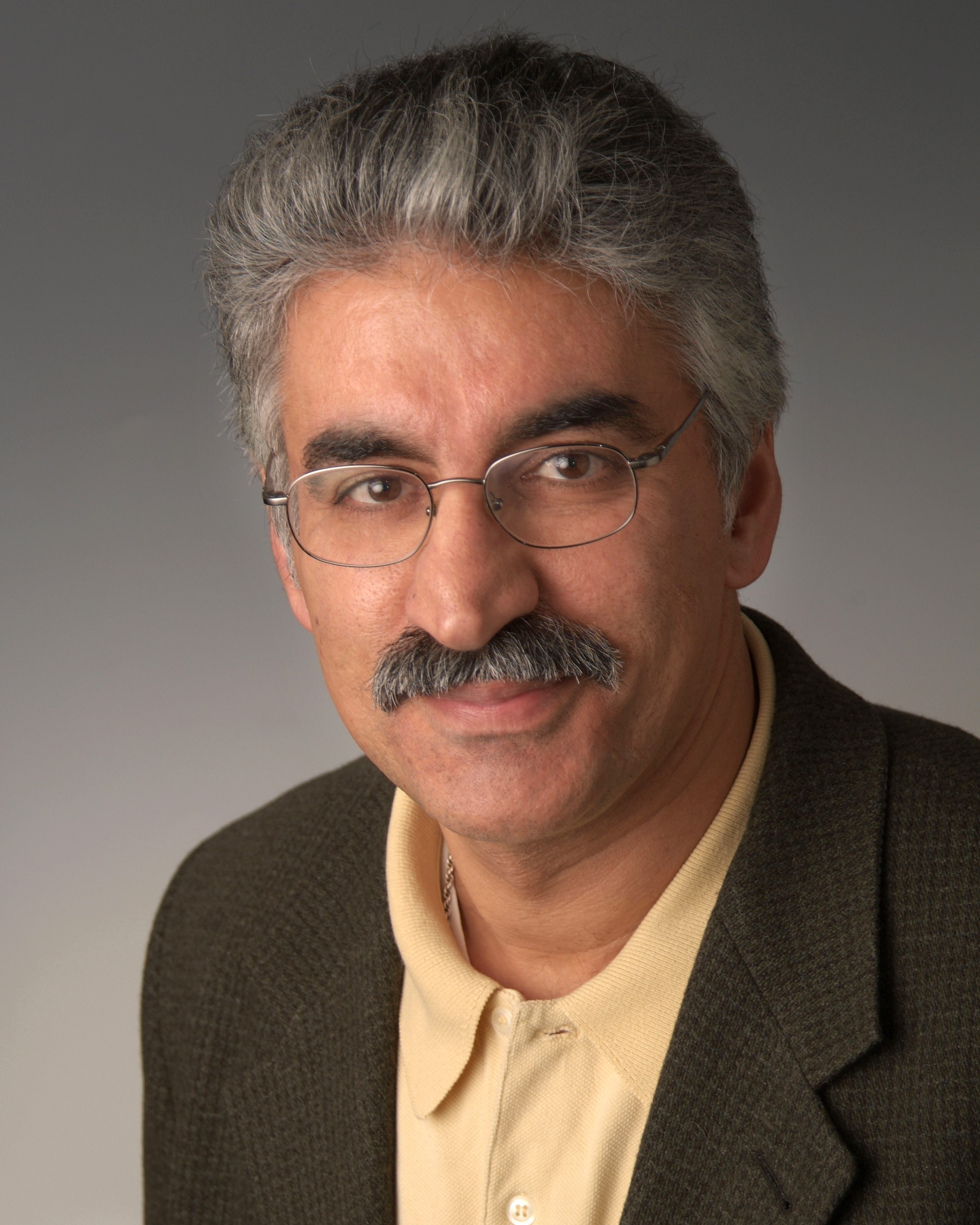 |
|
Dr. Asad Davari has been a faculty member in the Electrical and Computer Engineering Department since 1985. He was the Chair of the Graduate Committee responsible for the curricular and admission aspects of the graduate program in control systems engineering at WVU Tech. His research interests are in the areas of control and applications, neural energy and control of power systems. He has been very active in funded research and has been successful in attracting funding from agencies such as NSF, DOD, and DOE/ National Energy Technology Lab (NETL). He has more than 80 papers published in journals and conference proceedings. He has advised a large number of MS students in the control systems engineering graduate program at WVU Tech and continues to serve as co-advisor for Ph.D students at WVU. Dr. Davari is a senior member of IEEE, Control System Society, and Power System Society. He was the Program Chair for IEEE/SSST conferences in 1998 and 2003. He has also been a member of the Steering Committee of the IEEE/SSST since 1986. He has been advisor to IEEE student chapter for more than 10 years. He is the recipient of LCN College of Engineering Faculty Merit Awards in 2000, 2001, and 2002 and received the very first Award of Excellence for research from LCNCOE in April 2003. Dr. Asad Davari, Professor of Electrical and Computer Engineering and Founding Director of the Center on Advanced Control of Autonomous Systems and Manufacturing at the Leonard C. Nelson College of Engineering was recognized by Governor Bob Wise with a Certificate of Achievement in Scientific Research at the Capitol on Monday, February 9, 2004 |
Vice-Chair: Mark Stecker, M.D., Ph.D.
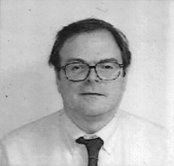 |
|
Mark Stecker recieved his BS and MS in physics in 1976 and his PhD in solid state physics in 1980. He graduated from Harvard Medical School in 1984 and subsequently completed a residency in neurology at the University of Pennsylvania in 1988 and a fellowship in neuroscience/epilepsy in 1990. He was assistant professor and then associate professor of neurology at the University of Pennsylvania until 2008. He was director of electroencephalography, epilepsy and intra-operative neurophysiologic monitoring at Geisinger Medical Center until 2008. Since October 2008 he is professor of neuroscience at Marshall University and director of the neurophysiology laboratory at Cabell Huntington Hospital. He is a senior member of IEEE, and has been a member since 1984. He is past president of the American Society of Neurophysiologic Monitoring, Chair of the Neurophysiologic Research and Education Consortium, and Chair of the American Board for the Accreditation of Neurophysiologic Monitoring Programs. His research interests include signal processing especially in determining the information content of signals as well as determinations of the electrical fields generated by different types of nerve impulses. He is also involved in recording nerve action potentials in rat sciatic nerve in order to understand the physiology of the effects of temperature and ischemia on the nerve. |
Secretary: Nan Wang, Ph.D.
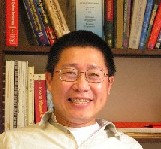 |
|
Dr. Nan Wang graduated from Xiamen University, China, and received his Bachelor of Science in Computer Science. He then started to work for Beijing Institute of Control Engineering as a Hardware Engineer and Project Manager. After receiving his Master of Science in Computer Engineering from University of Louisianna, Lafayette in 2000, Dr. Wang started to work with Hughes Network System, San Diego, California, as a Hardware Engineer. He then returned to UL Lafayette in August 2002 to continue his Ph.D. study in Computer Engineering. Dr. Wang joined the Department of Electrical and Computer Engineering of West Virginia University, Institute of Technology, to start his academic career as an Assistant Professor in January 2008. Dr. Wang has published several research papers in the area of System-on-chip Communication Architecture Design on IEEE & IEE Transactions and conferences. He also reviewed various papers for IEEE & IEE journals and conferences. |
Treasurer: Desa Gobovic, Ph.D.
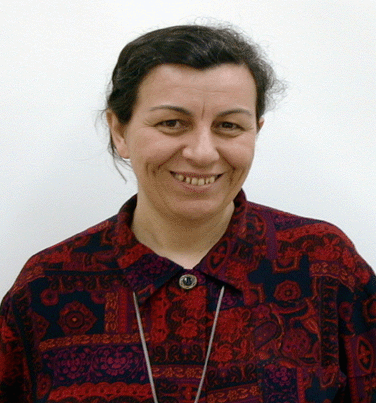 |
|
Desa Gobovic received a B.S degree in electrical engineering from the University of Montenegro, Montenegro. She earned M.S. and D.Sci. degrees from George Washington University, Washington, DC. Since August 1994, she has been teaching Electronics Engineering Technology and Power Plant Technology at West Virginia State Community and Technical College (WVSCTC) at Institute, West Virginia. Prior to joining the faculty of WVSCTC, she taught at the University of Montenegro and also at George Washington University as a visiting professor. In addition to extensive teaching experience, Dr. Gobovic has been engaged in research of wireless communications, analog integrated circuit design, VLSI circuit design and testing, neural network implementation, and chaos theory. On several occasions, she participated in research efforts sponsored by the U.S. Nuclear Regulatory Commission conducted at Oak Ridge National Laboratory (ORNL). Dr. Gobovic has been a member of IEEE since 1985. Professionally she contributed to the IEEE activities by being a peer reviewer of academic papers and a session chair at several IEEE conferences. Since 2002, she has served as a Treasurer of the IEEE West Virginia Section. |
Chair of Consultants Network: Edward Aractingi, MS, CISSP, MCSE
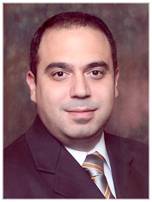 |
|
Ed received his master's of science in information systems from Marshall University and holds industry certification such as CISSP, MCSE, Security+ and others. He is currently pursuing PhD in information technology from Capella University.He has been an active member of IEEE since 2004 and was the co-founder and past chair of Marshall University computer society student organization. I addition to his daily job managing servers and IT infrastructure, he teaches information systems courses as adjunct professor. In his tenure of about 15 years as IT professional, he had worked as a technology consultants in the past and recently started a new consulting business specialized in information technology professional services. His research interest are databases, virtualization, social web and security. |
Membership Development Officer: L. Bruce McClung
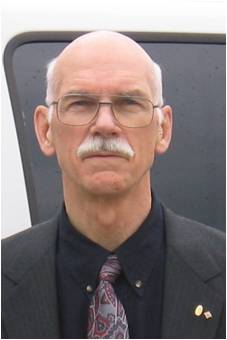 |
|
L. Bruce McClung received a B.S. in Electrical Engineering from West
Virginia University in 1960.
In 1997, he became the first electrical engineer to be named a
Corporate Fellow at Union Carbide. In over four decades working for the
Union Carbide
Corporation, Mr. McClung's work in advancing technology, standards, and
work practices
has dramatically improved electrical safety.
His work has achieved exceptional results in
reducing accidents, injuries, and fatalities, and influenced virtually
every standard related to electrical safety in the workplace. |
Webmaster: Didem Kivanc-Tureli, Ph.D.
 |
|
Didem Kivanc-Tureli received a B.S degree in electrical engineering from Bogazici University, Istanbul Turkey. She earned an MSc degree from the University of Surrey in Guildford, U.K., and a Ph.D. in Electrical Engineering from the University of Washington, Seattle, Washington, in 2005. From 2006 to 2008 she worked as a Research Associate at the Wireless Network Security Center at Stevens Institute of Technology in Hoboken, N.J. She has been an Assistant Professor in the Department of Electrical and Computer Engineering at WVU Institute of Technology since August 2008. Her research interests are in wireless communication system design, concentrating mostly on communication in resource limited environments. |
